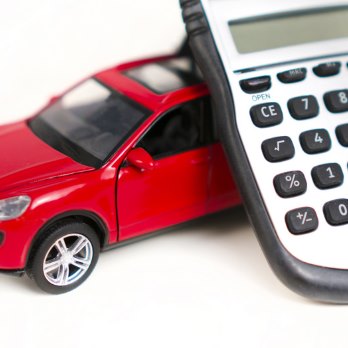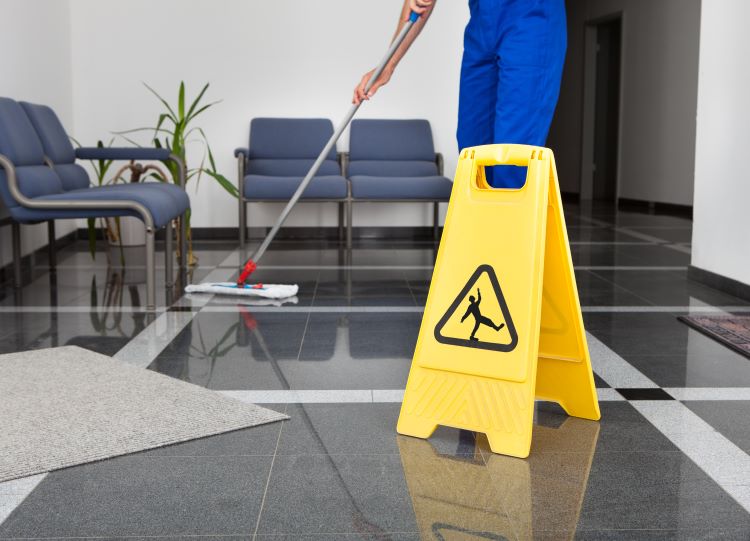Unlocking value: The benefits of buying cars from police auctions
Police auctions offer a unique opportunity for car buyers to access vehicles at competitive prices while supporting law enforcement agencies. These events feature diverse inventory from seized, abandoned, or surplus government vehicles, creating an alternative marketplace for budget-conscious consumers. Understanding the auction process and potential benefits can help buyers make informed decisions when considering this purchasing avenue.

Police auctions represent a specialized segment of the automotive marketplace where law enforcement agencies sell vehicles that have been seized, abandoned, or retired from service. These events provide an alternative purchasing channel that differs significantly from traditional dealerships or private sales, offering unique advantages for informed buyers.
Substantial Financial Savings
One of the primary attractions of police auctions is the potential for significant cost reductions compared to retail prices. Vehicles at these auctions typically start with lower reserve prices since law enforcement agencies aim to recover costs rather than maximize profits. The absence of dealer markups and overhead costs often translates into substantial savings for successful bidders. However, buyers should factor in additional costs such as auction fees, transportation, and potential repairs when calculating total expenses.
Variety of Vehicle Types
Police auctions feature diverse inventory that extends beyond traditional patrol cars. The selection often includes civilian vehicles seized in criminal investigations, abandoned cars recovered by authorities, and surplus government fleet vehicles. This variety encompasses different makes, models, years, and vehicle types including sedans, SUVs, trucks, and motorcycles. The eclectic mix means buyers can find everything from economy cars to luxury vehicles, depending on the specific auction and local law enforcement activities.
Less Competition and More Peace of Mind
Compared to popular online auction platforms or busy dealership lots, police auctions typically attract fewer participants, potentially reducing bidding competition. Many potential buyers remain unaware of these events or feel intimidated by the auction process, creating opportunities for informed participants. Additionally, purchasing from law enforcement agencies provides a level of institutional credibility that private sellers cannot match. The transparent auction process and official documentation offer buyers confidence in the legitimacy of their purchase.
The Auction Experience: What to Expect
Police auctions follow structured procedures that differ from casual car buying experiences. Most auctions require pre-registration and may mandate cash or certified payment methods. Vehicles are typically available for inspection before bidding begins, though this preview period may be limited. The auction itself proceeds rapidly, with auctioneers moving through inventory efficiently. Successful bidders must complete payment and arrange vehicle pickup within specified timeframes, often requiring immediate or same-day transactions.
| Auction Type | Typical Frequency | Average Vehicle Count | Payment Methods |
|---|---|---|---|
| Municipal Police | Monthly | 20-50 vehicles | Cash, certified check |
| County Sheriff | Quarterly | 30-80 vehicles | Cash, certified check, wire transfer |
| Federal Agencies | Bi-annually | 100+ vehicles | Multiple payment options |
| Online Police Auctions | Weekly | 50-200 vehicles | Credit card, wire transfer |
Prices, rates, or cost estimates mentioned in this article are based on the latest available information but may change over time. Independent research is advised before making financial decisions.
Potential for Restoring Value
Many vehicles at police auctions require minimal repairs or maintenance to return to optimal condition. Former patrol cars, while potentially high-mileage, often receive regular maintenance during service. Seized vehicles may need cosmetic improvements or minor mechanical attention, presenting opportunities for buyers with restoration skills to add value. The lower acquisition costs can justify investment in repairs, potentially resulting in vehicles worth more than the total purchase and restoration expenses.
Successful participation in police auctions requires preparation and realistic expectations. Buyers should research upcoming auctions, inspect available vehicles thoroughly, set firm budget limits, and understand all terms and conditions. While these events offer genuine opportunities for value-conscious car buyers, they also require commitment to the auction process and acceptance of as-is vehicle conditions. The combination of potential savings, unique inventory, and institutional credibility makes police auctions worth considering for buyers seeking alternatives to traditional automotive purchasing channels.




